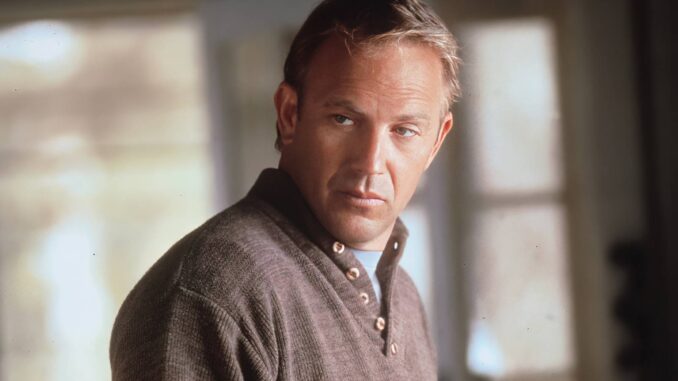
The Sunset of the Ranch, The Dawn of a Dynasty: How Yellowstone‘s Eventual End Ignites a Spin-off Universe
The sprawling saga of the Dutton family, etched across the majestic Montana landscape in Kevin Costner’s Yellowstone, has captured the imagination of millions, transforming the modern Western into a television phenomenon. Yet, the question of its ending, particularly amidst the backdrop of Costner’s uncertain future with the show, is more than a mere narrative conclusion; it is the deliberate, strategic sunset of a flagship, designed not for closure, but for the grand opening of an entire cinematic universe. While Yellowstone itself has not yet officially concluded, its planned denouement and the already flourishing spin-offs illustrate a carefully orchestrated expansion, where the end of one era paves the way for an ever-widening tapestry of Western lore.
Crucially, it’s important to clarify that the Yellowstone spin-off universe didn’t wait for the main series to end. It was born from its success, a testament to Taylor Sheridan’s visionary storytelling and the potent appeal of the Dutton legacy. 1883 and 1923, the acclaimed prequels, were launched in the midst of Yellowstone‘s run, serving as foundational myths that deepened the main series’ emotional resonance and broadened its historical scope. 1883 chronicled the perilous journey of James and Margaret Dutton establishing the ranch, a brutal tale of survival and sacrifice that cemented the land’s sacred significance. 1923 then bridge the gap, showcasing the family’s struggles through prohibition, pandemics, and the Great Depression, illustrating the generational fight to retain their hard-won empire. These shows weren’t afterthoughts; they were simultaneous expansions, proving the Dutton name and the spirit of the West could sustain narratives across different eras.
However, the eventual conclusion of Yellowstone will serve as a pivotal moment, shifting the focus from the present-day anchor to the vast ocean of stories it has spawned. The narrative stakes are intrinsically tied to Kevin Costner’s portrayal of John Dutton III, the stoic, beleaguered patriarch. His character is the linchpin of the contemporary story, a man embodying the last vestiges of a dying way of life, constantly battling external forces and internal family strife to protect his ranch. Should Costner’s departure necessitate an abrupt or definitive end to John Dutton’s story, it will undoubtedly cast a long shadow, forcing a dramatic resolution that no fan expects to be tranquil. This ending, however it manifests—be it John’s death, a surrender of the ranch, or a strategic retreat—will serve as a definitive marker, severing the umbilical cord to the present-day Dutton saga.
This severance, far from being a loss, is the critical juncture that truly “opens up” the spin-off universe. Without the constant pull of John Dutton’s immediate struggles, the existing prequels are no longer just “background”; they become independent pillars, standing tall on their own merits. 1883‘s exploration of the American frontier’s raw brutality and 1923‘s depiction of a family battling existential threats in a changing world gain even greater narrative weight as the primary carriers of the Dutton legacy. Their stories, filled with the same grit, passion, and moral ambiguity that defined the flagship, are no longer overshadowed by the ongoing contemporary drama.
Furthermore, the end of Yellowstone clears the narrative stage for future expansions, both temporal and geographical. The much-anticipated 6666 (working title), set at the historic Four Sixes Ranch in Texas, exemplifies this. While tangentially connected through Rip Wheeler and Jimmy Hurdstram, it represents a conscious move beyond the immediate Dutton bloodline and the Montana setting. It allows the universe to explore the broader themes of ranching, cowboy culture, and the American West without being tethered to a specific family or a specific era. This kind of spin-off can now flourish, free from the expectation of direct crossover or the shadow of John Dutton’s command.
In essence, Yellowstone‘s conclusion isn’t an ending but a metamorphosis. It’s the final brushstroke on the foundational canvas, allowing the vibrant colors of its descendant stories to fully bloom. The powerful mythology, the deeply human themes of family, loyalty, land, and survival, and the compelling visual language established by the main series will continue to resonate throughout its expanding universe. Kevin Costner’s Yellowstone, by drawing its final breath, will not fade into obscurity; it will become the progenitor, the revered origin story from which an endless horizon of new Western narratives will gallop forth, ensuring the legacy of the Duttons, and the American West they embody, lives on in myriad forms across the screen. The sunset over the Yellowstone Ranch is merely the dawn of a larger, more expansive dynasty.
